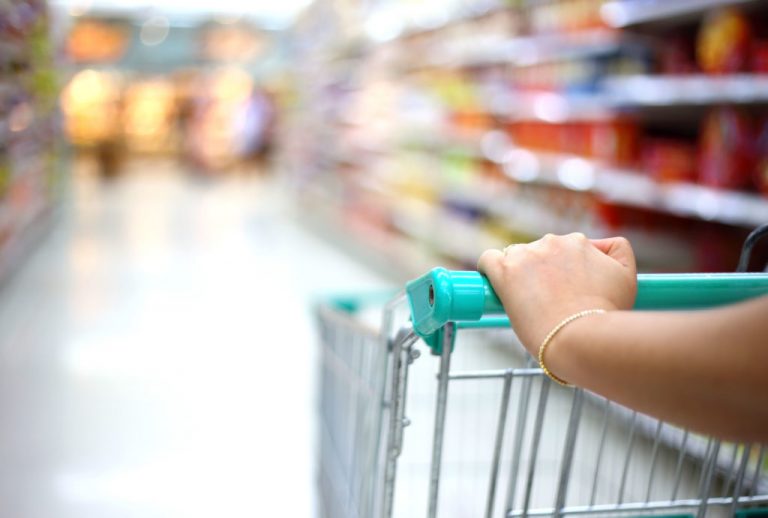
For more than a decade, PPS (Plastic Packaging Solutions) has supplied returnable plastic and containers. Our aim has been to reduce the levels of ‘one trip’ packaging used throughout the logistics industry by way of hygienic equipment washing.
PPS Midlands originally started out as a plastic pooling business back in 2002. As our product range then increased to include tote boxes, roll cages, pall boxes, bale-arm trays and removable crates, we expanded into rental and hygienic washing of the equipment we supply.
Our reusable crates transport fresh produce in an attempt to replace environmentally harmful containers like polystyrene and cardboard boxes. They are then recollected and hygienically restored to meet required standards.
Aside from produce, our returnable packaging is also used in removals, office moves and within the automotive industry.
PPS Becoming More Green
The demand for environmental awareness is as high as it’s ever been. PPS recognised this and moved headed for more sustainable alternatives via returnable transit packaging (RTP).
However, a large quantity of retail and food manufacturers still rely on ‘one trip’ packaging for product distribution. This means that it is disposed of after only a single journey and at a cost. It also creates unnecessary waste and increases carbon emissions.
These businesses who are involved in closed loop transportation from a supplier to warehouses would reduce the depletion of their resources using RTP.
Cost Saving Benefits
Our RTP has seen large reductions in carbon emissions. In the past we conducted an experiment which involved two single-use packaging products against returnable products –expanded polystyrene and a cardboard box versus a plastic crate and a fish box, to highlight the benefits of plastic crates over the alternatives. The 20kg plastic crates resulted in savings of 52% and 89% in carbon emissions against polystyrene.
We have helped our customers switch from single-use cardboard boxes to returnable plastic crates. By doing so we have learned that this saves businesses approximately 30% of their costs, therefore making RTP cost effective.
One of our UK customers was a meat producer who dispatched 12,000 cardboard boxes per week. Our returnable crates decreased this businesses’ costs by approximately 35%. By switching to the PPS returnable crate the processor reduced their packaging costs by more than £150,000.
Advice
All businesses should consider moving towards a greener future. Start by mapping your company’s overall environmental impact to determine the areas in which you need to improve.
Material research is key for manufacturers – change to a material that is sustainable that will also maintain the product quality. If you can reduce your transportation miles it helps towards reducing carbon emissions also.
ABOUT THE AUTHOR
Joanne Moss is the Managing Director of PPS EQUIPMENT





Leave a Comment